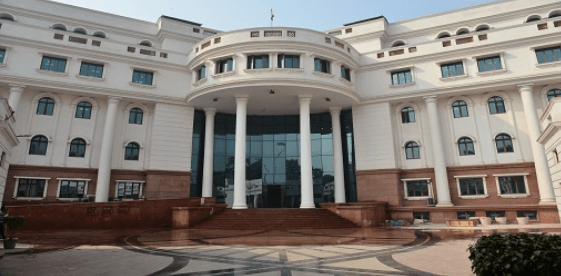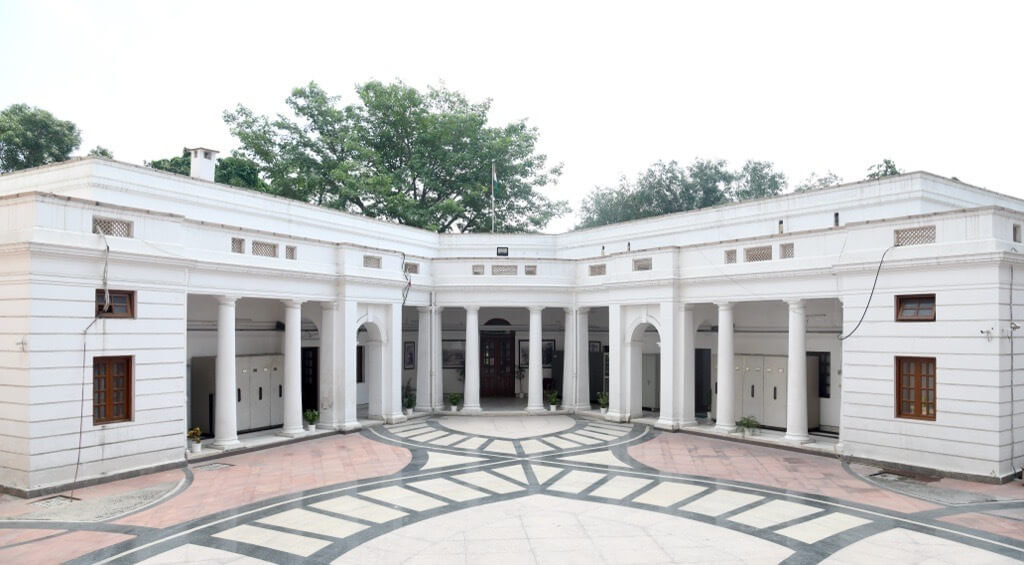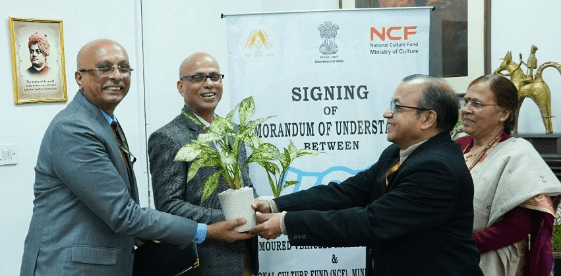Archaeological Survey of India
The Archaeological Survey of India, founded in 1861 by Sir Alexander Cunningham, functions under the Ministry of Culture as the chief institution for archaeological research and preservation. It maintains 3,679 nationally important monuments and sites, enforcing the AMASR Act (1958) and Antiquities Act (1972). With a team of experts—archaeologists, conservators, scientists—ASI conducts excavations, conservation, and heritage management across India through its specialized branches and regional circles.
National Monuments Authority (NMA)
Established in 2010 under the Ministry of Culture, the National Monuments Authority ensures the protection of centrally protected monuments by regulating construction within their prohibited and regulated zones. Empowered by the AMASR (Amendment and Validation) Act, it reviews construction proposals and drafts heritage bye-laws after inviting public input. As urban development intensifies, NMA plays a crucial role in balancing heritage conservation with modern infrastructure needs, safeguarding India’s historical legacy.
National Culture Fund (NCF)
The National Culture Fund was established in 1996 under the Charitable Endowment Act of 1890 to foster partnerships between the government, individuals, and organizations for the preservation of India’s cultural heritage. Managed by a Council chaired by the Union Minister of Culture and an Executive Committee, NCF promotes non-governmental involvement in decision-making. It serves as a unique funding platform supporting diverse cultural projects, encouraging public participation in protecting India's artistic and historical legacy.








